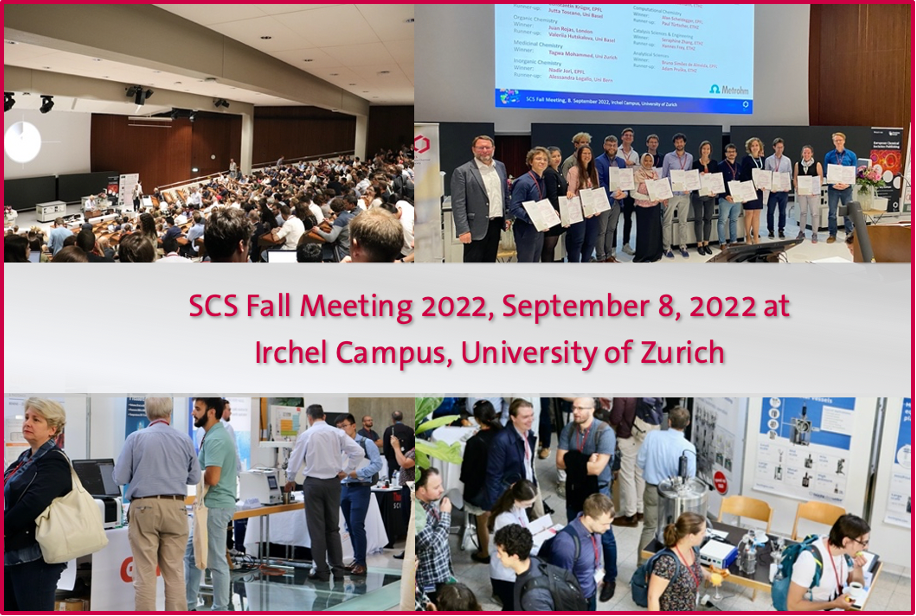Helvetica published first article on Synthetic Procedure
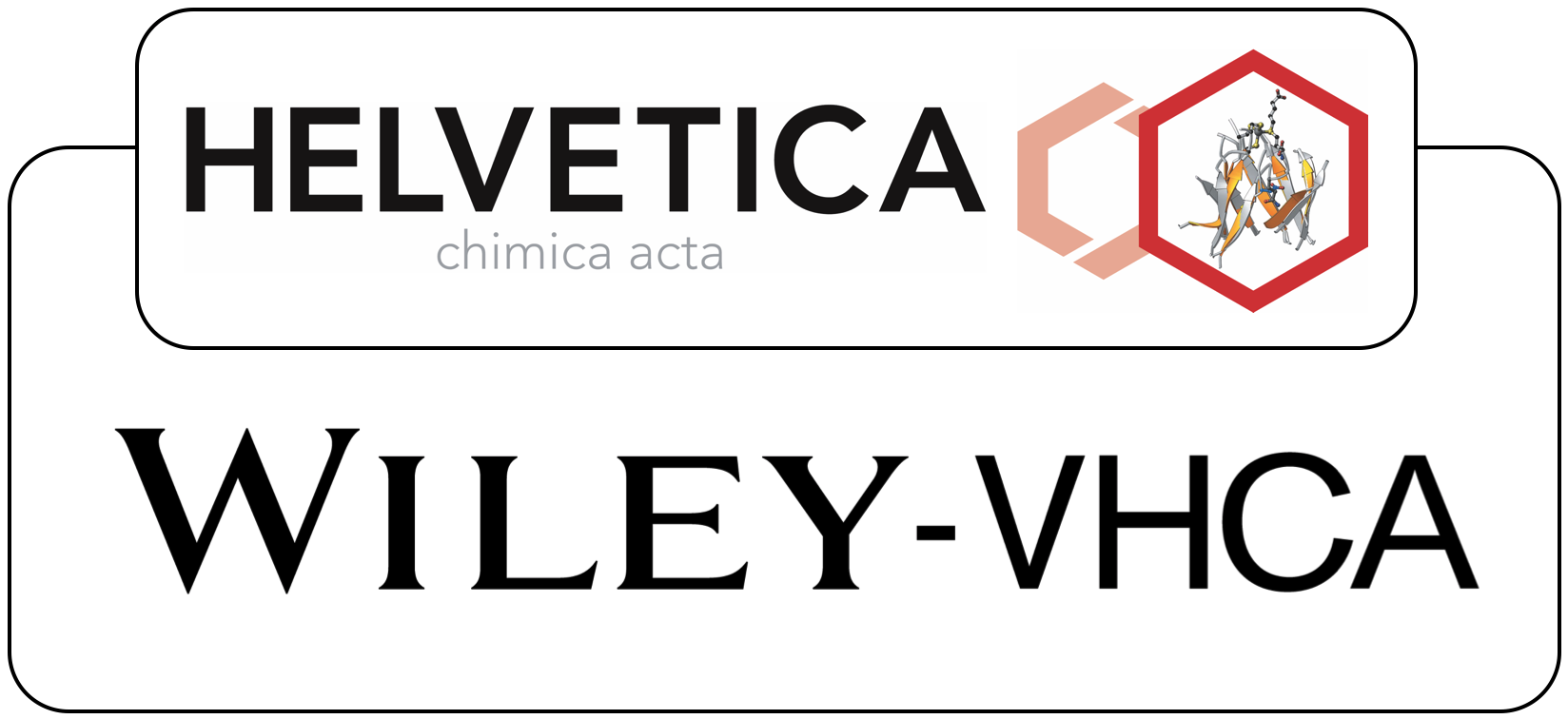 Helvetica expanded its portfolio of accepted articles and published the first manuscript on 'Synthetic Procedures':
Helvetica expanded its portfolio of accepted articles and published the first manuscript on 'Synthetic Procedures':
Large-scale synthesis of 4-methyl-2-(2H-1,2,3-triazol-2-yl)benzoic acid – a key fragment of Single Orexin Receptor Antagonist ACT-539313 – via Cu2O-catalyzed, ligand-free Ullmann-Goldberg Coupling
Gabriel Schäfer, Tony Fleischer
First published: 11 November 2022, DOI: https://doi.org/10.1002/hlca.202200162
«I am sure this will have a positive impact for Helvetica and the entire Swiss chemical society. We feel proud to have contributed the "inaugural manuscript".» Gabriel Schäfer mentioned after the publication. Congratulation!
Contac:
Dr. Richard J. Smith
Executive Editor, Helvetica Chimica Acta
e-mail:
Phone: +41 44 360 24 31
Review Swiss Chemistry Science Night 2022 - A Celebration of Chemical Research
On September 16, 2022 the second Swiss Chemistry Science Night took place at Casino Bern! More than 110 award winners and invited guests followed the invitation and enjoyed the evening to celebrate excellence in chemistry. Leslie Fendt, F. Hoffmann-La Roche, and Stefan Willitsch, University of Basel, guided through the evening as moderators and presented the guests and awardees in dialogue with the SCS president, Christian Bochet, in a competent and highly entertaining manner. Matthias Leuenberger, president of scienceindustries, and Günther Dissertori, rector at ETH Zurich, opened the evening with their welcome messages before no less than 22 winners for 10 prizes and 3 honorary members of the Swiss Chemical Society were awarded.
The event honored the winners of the 2022 Swiss Chemical Society Awards in front of distinguished leaders from industry and academia as well as representatives from politics and was a celebration of discovery and innovation in the chemical sciences. The gala was very much appreciated by the community and provided a networking platform for industry and academic members.
Some of the award winners gave their award lecture at the SCS Fall Meeting on September 8, 2022.
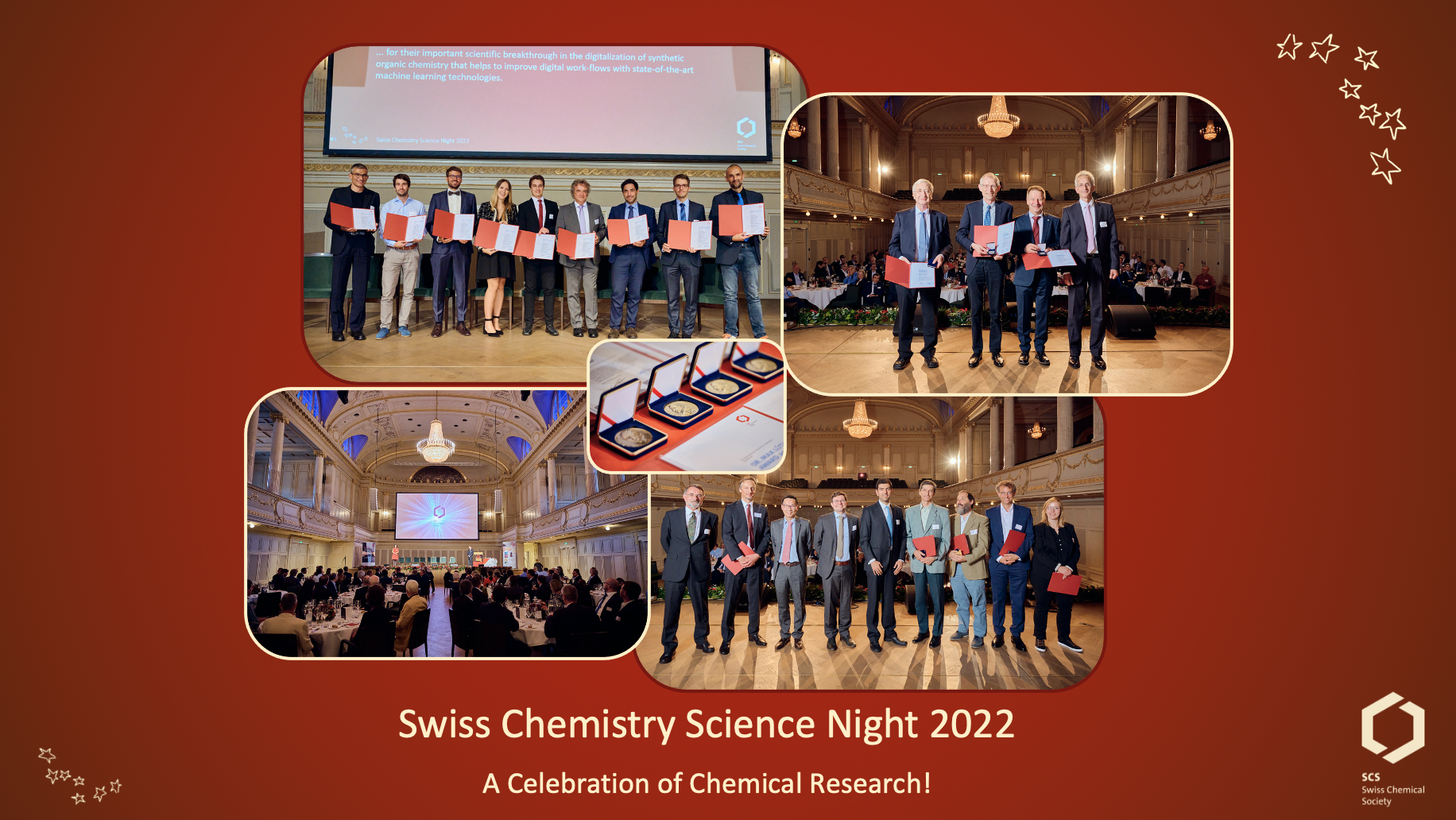
Links
Céline Wittwer, SCS
20.09.2022
Three SCS Honorary Memberships awarded for exceptional achievements
Honorary membership is awarded to individuals who have rendered the Swiss Chemical Society great service and/or who have made an outstanding contribution to science. We are proud to welcome three additional extraordinary members into the circle of SCS honorary members in 2022.
 Prof. em. Martin Quack, ETH Zurich,
Prof. em. Martin Quack, ETH Zurich,
became an SCS member in 1983 after he joined ETH Zurich as full professor of physical chemistry. His extraordinary achievements in research were honored with several national and international awards, in particular also with the Paracelsus Award in 2002, the most prestigious award of the SCS. Martin represents ETH and Physical Chemistry in the SCS Division of Fundamental Research for many years and, amongst many other tasks, he is/was responsible for the implementation and organization of the Heilbronner-Hückel Lectureships and the participation of the SCS in PCCP.
Mail Martin Quack
Website at ETHZ
 Prof. Karl-Heinz Altmann, ETH Zurich,
Prof. Karl-Heinz Altmann, ETH Zurich,
has been professor of Pharmaceutical Biology at the Institute of Pharmaceutical Sciences at the ETH Zurich since 2003 after he started his career as R&D scientist in industry (Ciba and Novartis). He was awarded with numerous national and international awards that demonstrate his extraordinary, scientific achievements. Karl-Heinz always contributed actively to the SCS and the chemical community throughout his career, e.g., he chaired the SCS Division of Medicinal Chemistry & Chemical Biology for many years and managed prestigious initiatives like the Swiss Course of Medicinal Chemistry in Leysin.
Mail Karl-Heinz Altmann
Website at ETHZ
 Dr. Reto Naef, Topadur Pharma AG, Schlieren,
Dr. Reto Naef, Topadur Pharma AG, Schlieren,
started his career at Sandoz and continued at Novartis were he not only contributed significantly to the companies’ R&D success but also managed internal and external development programs for young talents. As director of the Werner Foundation, board member of the SCS Foundation and manager of the KGF/SISF he catalyzed the interaction between industry and academia and enabled many initiatives with his management skills and funding capabilities. As founder and COE of Topadur, he is now an inspiring example of an entrepreneur for the younger generation.
Mail Reto Naef
Website Topadur

David Spichiger, SCS
18.09.2022
Reminder: Chemistry Europe Award 2023 - Call for nominations
Céline Wittwer, SCS
13.09.2022
SCS Fall Meeting 2022: successful event first time on-site after the pandemic
The SCS Fall Meeting 2022, one of the largest annual research conferences in Switzerland, took place at Irchel Campus of the University of Zurich on Thu, September 8, 2022. More than 800 participants attended the event, including many young scientists in education in Switzerland, for whom the fall meeting is a great platform to present their research - often for the first time ever at a major conference. After two years of online events due to the Covid 19 pandemic, we were finally able to hold the event on site. We received more than 450 contributions for a talk or poster presentation in one of the 9 parallel sessions.
SCS Fall Meeting 2022
Irchel Campus, University of Zurich
Thursday, September 8, 2022, 09:00 – 18:30
fm22.scg.ch
Award Lectures of SCS Prize Winners 2022 in the Plenary Sessions
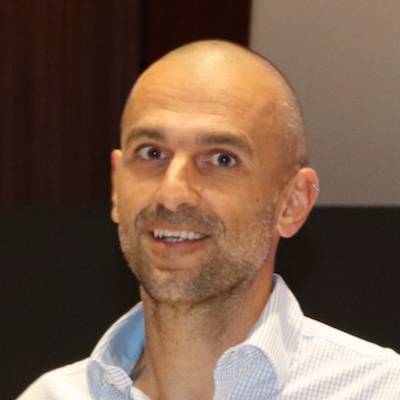 Sandmeyer Award Lecture 2022
Sandmeyer Award Lecture 2022
Theodoro Laino, IBM Research, Zürich
«Fueling the Digital Chemistry Revolution with Language Models»
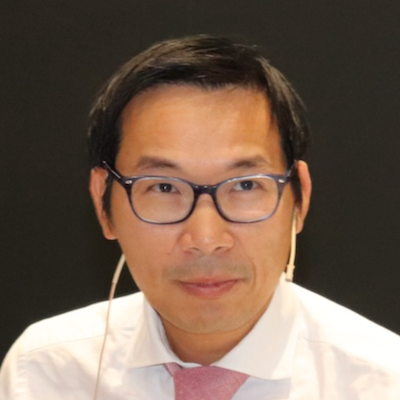 Swiss Green & Sustainable Chemistry Award Lecture 2022
Swiss Green & Sustainable Chemistry Award Lecture 2022
Prof. Xile Hu, EPFL Lausanne
«Cooperative molecular, bio-, and electrocatalysis»
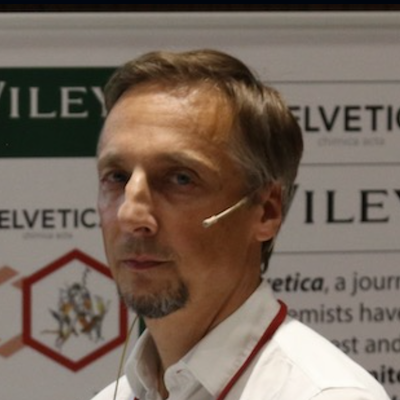 SCS Senior Industrial Science Award Lecture 2022
SCS Senior Industrial Science Award Lecture 2022
Dr. Bernd Kuhn, F. Hoffmann-La Roche AG
«Details matter in structure-based drug design»
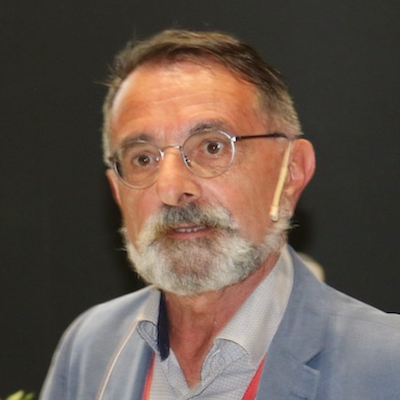 Paracelsus Award Lecture 2022
Paracelsus Award Lecture 2022
Prof. Antonio Togni, ETH Zürich
«For the Sake of Making Molecules»
The Parallel Sessions included 2x 30min invited lecture and 10x 15min short talks from PhD students and Postdocs
The programs incl. the abstracts are still available on the website
- Analytical Sciences
- Catalysis Science & Engineering
- Computational Chemistry
- Chemistry and the Environment
- Inorganic & Coordination Chemistry
- Medicinal Chemistry & Chemical Biology
- Organic Chemistry
- Physical Chemistry
- Polymers, Colloids & Interfaces
Best Oral and Best Poster Presentation Award Program
In collaboration with Metrohm and DSM Nutritional Products, SCS offered again the very attractive and prestigious Fall Meeting Best Presentation Award program. We congratulate all winners again for their fantastic contributions.
Winners of the Best Oral Presentation Awards 2022
Winners of the Best Poster Presentations Awards 2022
Photos of the event
Take a look at the photo galleries and relive the memories of an unforgettable day: https://fm22.scg.ch/photos
Report on Chemistry Views
Vera Koester, Wiley-VCH GmbH, published a report on the SCS Fall Meeting on ChemistryViews: https://www.chemistryviews.org/exciting-research-in-crowded-lecture-halls/
DOI: 10.1002/chemv.202200081
Thanks to organizers ans supporter
We like to take the opportunity to thank again Prof. Roger Alberto and Dr. Hans Peter Lüthi as chairs of the organizing committees, Dr. Ferdinand Wild as local organizer and all supporters from UZH and ETHZ.
Furthermore we like to thank all session sponsors and exhibitors that participated at the event and contributed not only financially but also with exciting lectures or innovative booths.
Céline Wittwer, SCS
12.09.2022
Page 19 of 299

